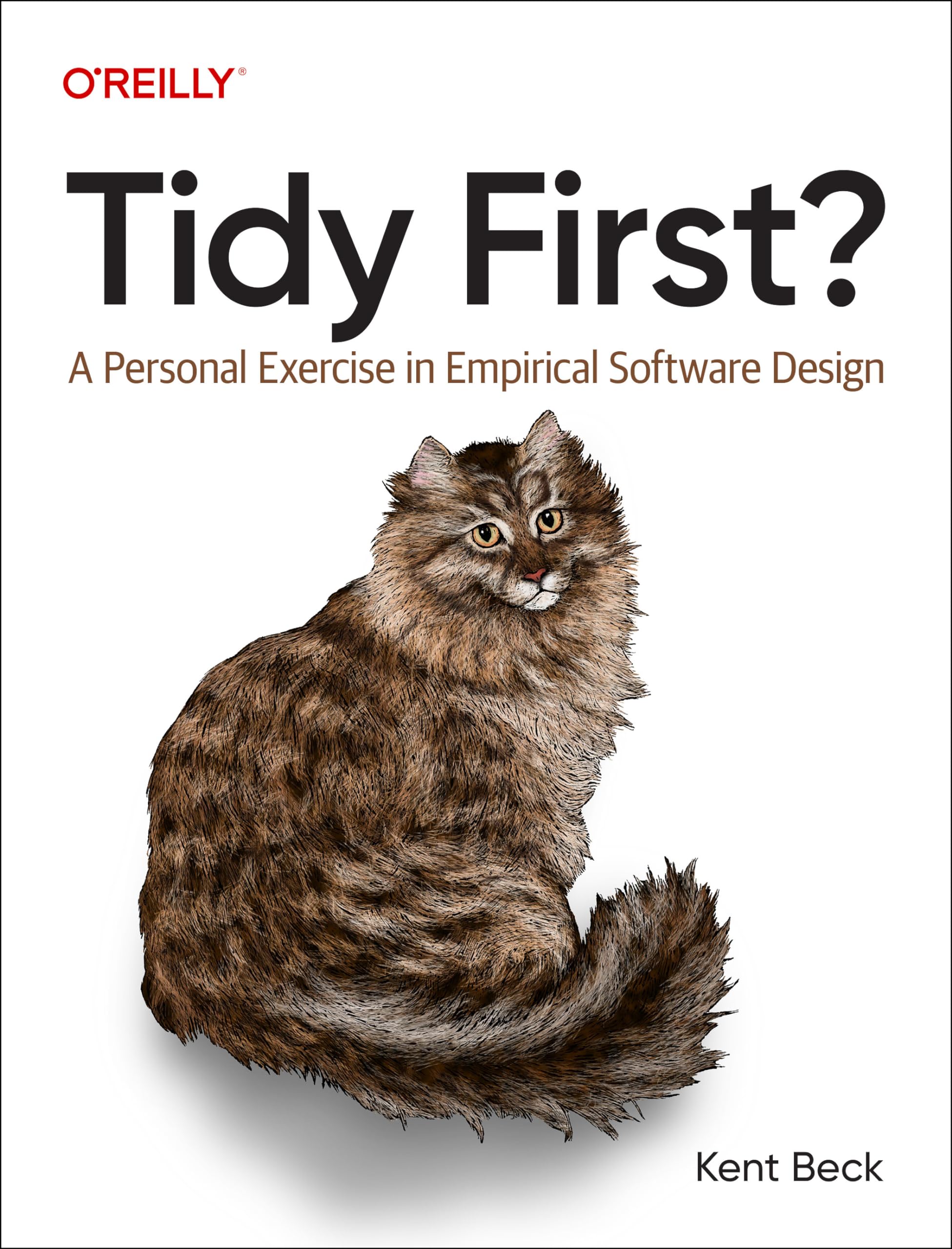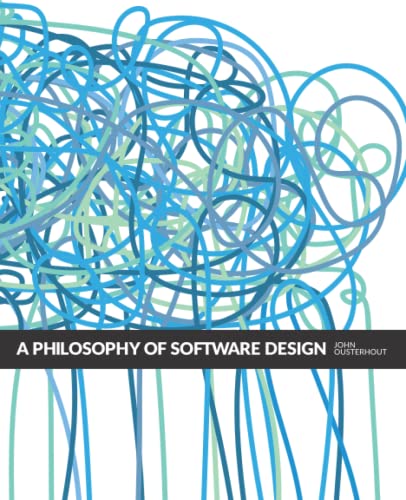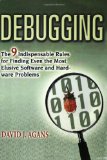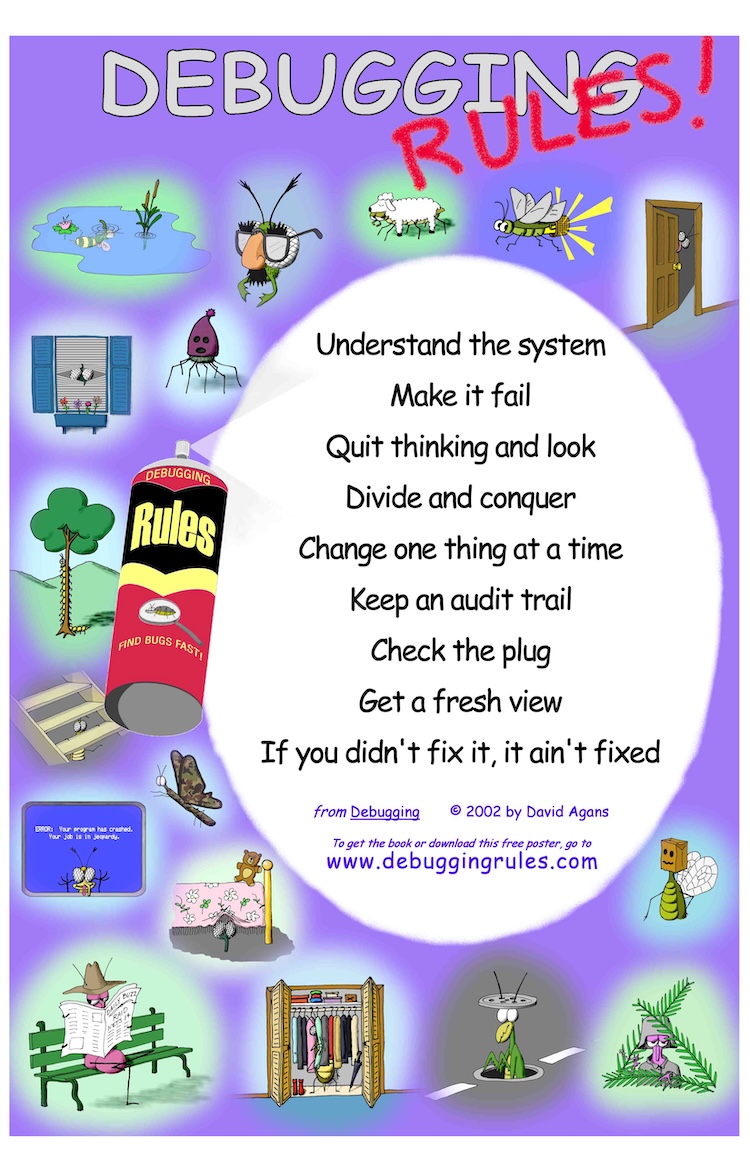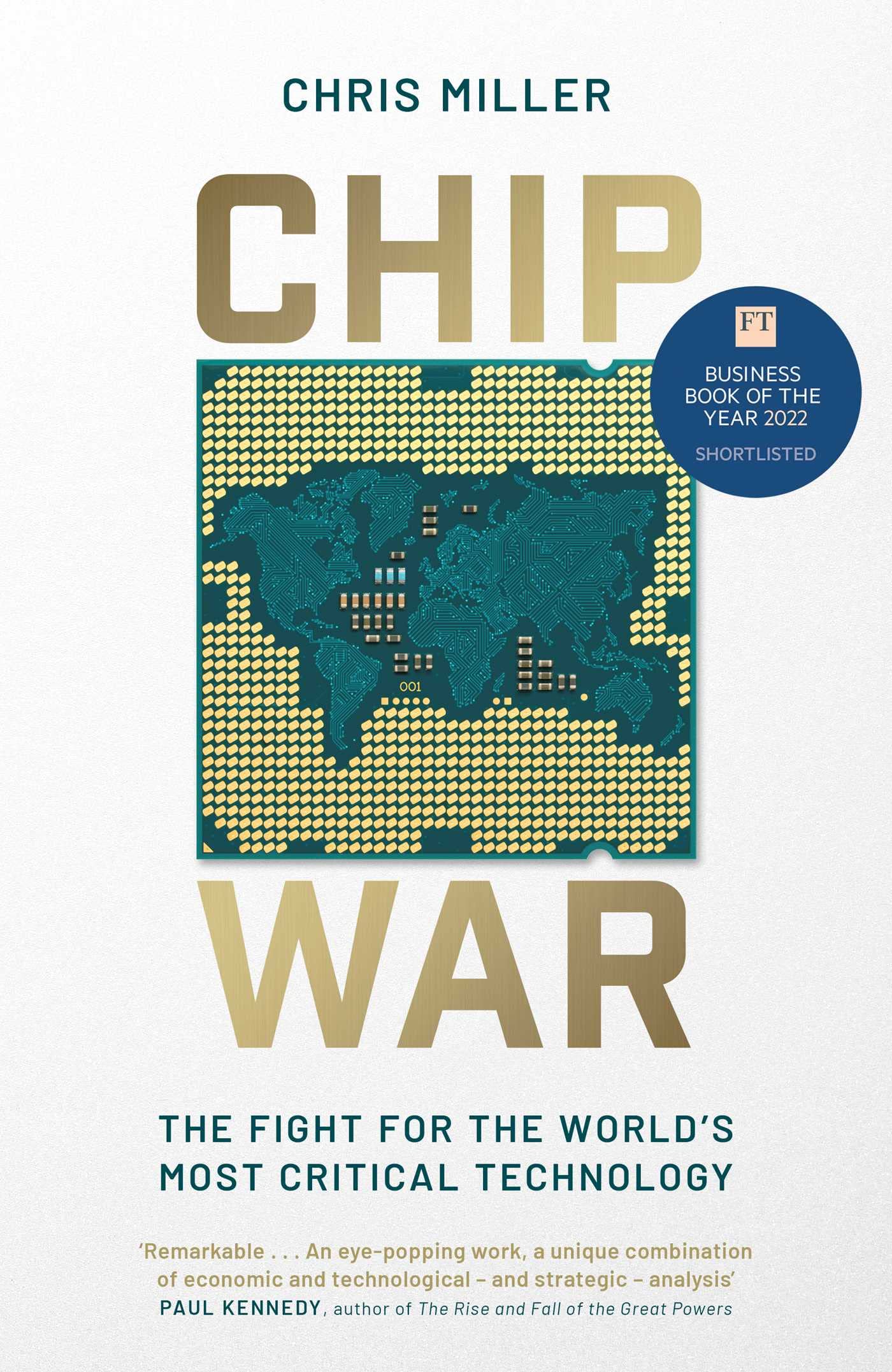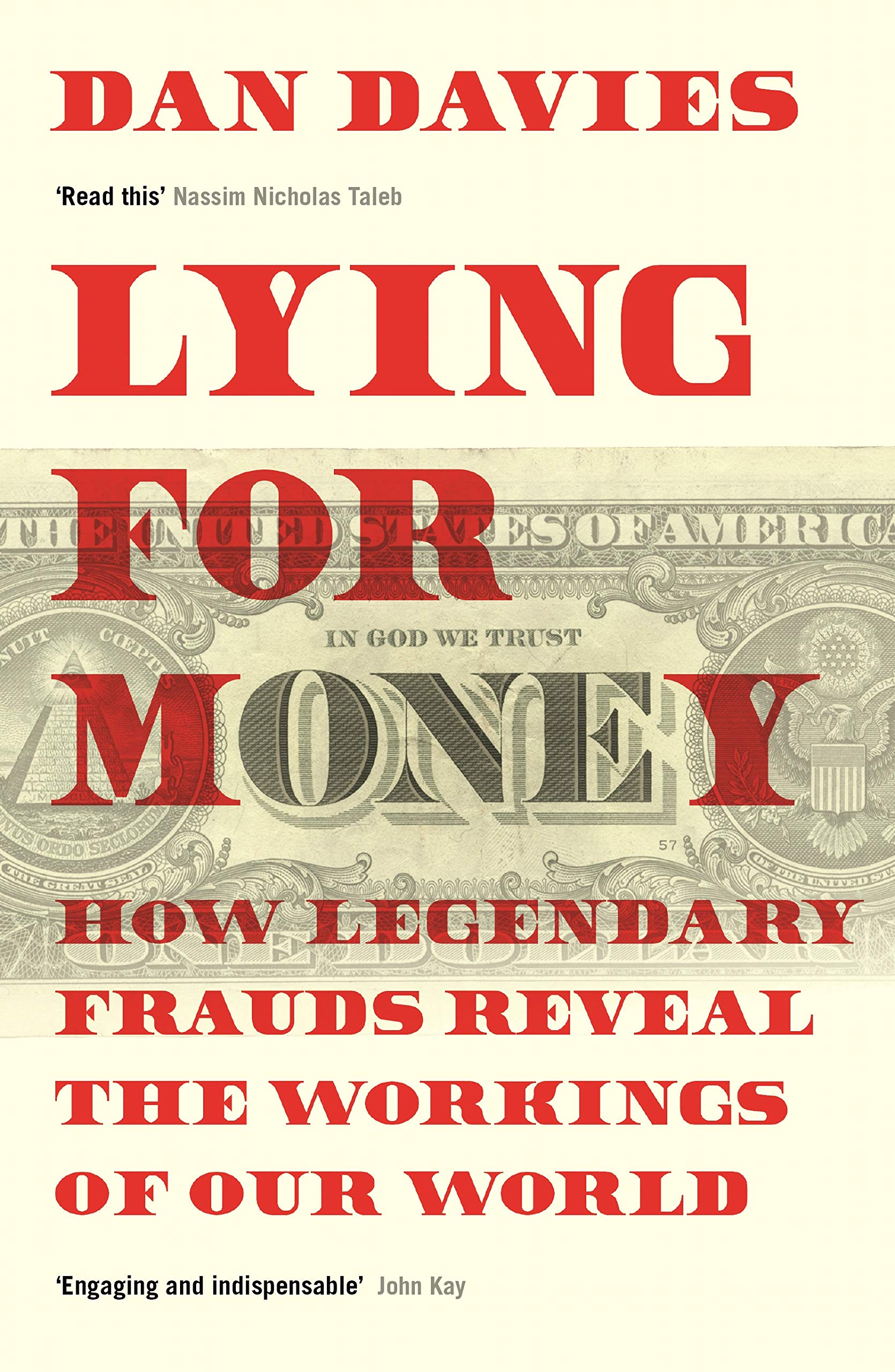The Best Books I Read in 2024
I have read many books in 2024; let’s forget most and talk about the good ones.
There is no particular order, but I broke down my recommendations by categories: technical, non-fiction and fiction.
This is a yearly tradition! You can read my book reviews from previous years: 2015 2016 2017 2018 2019 2020 2021 2022 and 2023.
Technical
Tidy First?
This is a short (<100 pages) and cute book. If you need to change some code, where do you start? You could tidy first (maybe).
It says it’s meant to be the first book of a series (bring it on!), and it starts with the simplest hard-to-disagree-with techniques. If, instead of programming, we were talking about cooking, this book would be filled with tips like:
- wash your hands
- check the fridge
- clean the cooking surfaces
- prepare the ingredients … 🤣
Seriously: there is an “hygiene” to working on certain codebases. And though these techniques are not the “big wins” that we tend to focus on, all the tips add up to something worthwhile. The hope is that every little step leads to a point where a bigger win is possible, obvious even, because all the clutter has been taken away.
A Philosophy of Software Design
This is another short book with most of its value front-loaded. By chapter 2, we were getting into the real questions:
What is complexity?
Complexity is anything related to the structure of a software system that makes it hard to understand and modify the system.
and, what are the symptoms of complexity?
- change amplification
- cognitive load
- unknown unknowns
The discussion about deep and shallow modules gave me much to think about. As a software professional, I keep thinking about my audience: is this the right abstraction? is it easy to use? is it flexible enough? After reading A Philosophy of Software Design, I feel like I’m being more thoughtful and intentional.
I agreed with almost all the recommendations. This is a book that I can get behind, especially compared to Clean Code, which is mentioned and used as a point of comparison.
Debugging
At work, I’ve been focusing on investigating and explaining some of the deepest bugs that we have found. Though I’ve been successful, I can’t say that I’ve felt “organized”. I went looking for books that could explain the process and give me a better methodology.
The clickbait subtitle worked for me:
The 9 Indispensable Rules for Finding Even the Most Elusive Software and Hardware Problems
The rules even come in poster form, to hang on your wall. (full resolution here)
The author makes a strong pitch:
Well, in my twenty−six years of experience designing and debugging systems, I’ve discovered two things:
When it took us a long time to find a bug, it was because we had neglected some essential, fundamental rule; once we applied the rule, we quickly found the problem.
People who excelled at quick debugging inherently understood and applied these rules. Those who struggled to understand or use these rules struggled to find bugs.
I compiled a list of these essential rules; I’ve taught them to other engineers and watched their debugging skill and speed increase. They really, really work.
I enjoyed the war stories, even when some of them showed their age. I think that only proves how the process hasn’t changed!
- book: amazon
Non-Fiction
Chip War
I saw Chip War recommended on SNS; it was also the Financial Times 2022 business book of the year. It was so good, it made me wonder what else I could read from the nominees.
The back cover said it read like a “nonfiction thriller”! The joke is on me, because that’s exactly how it felt: I wanted to know what happened next, and I was worried about the future even if I mostly knew how the story ends.
The book is chronological, going from the very beginning, the invention of the transistor, all the way to the present and current geopolitical tensions. Each chapter is short, usually ≈10 pages, and focused on a self-contained story.
I wasn’t aware of the history of chipmaking, let alone the side stories. Working in tech, I felt it’s easy to dismiss technology because it’s everywhere. It’s only since the pandemic and shortage supplies that I’ve been thinking more about computer chips, how important they are, but how HARD they are to make.
Lying for Money
I came up on this book while reading The fraud supply chain. In particular, one quote (also present in the book) caught my eye:
The right amount of fraud is not zero
Really?! Tell me more. It must be one of those fact that’s only counter-intuitive for outsiders. (it was!)
The short take is that frauds exist because our societies have trust. And the more trust, the more potential for fraud: it’s the “Canadian paradox”! (discussion)
It starts with the simplest frauds, along the lines of “thou shalt not steal” and “thou shalt not bear false witness” but it keeps climbing levels of abstraction and complexity. As the book says:
[…] but where’s the commandment “Thou shalt not trade securities while in possession of material non-public information”?
I didn’t know much about fraud, nor had I spent a lot of cycles thinking about it. I learned a few things, was entertained, and gained some perspective.
- book: amazon
Fiction
Shōgun
When TV shows roll out, my attitude is to wait and see. Even if it starts strong, will it be good until the end? In the case of Shōgun, the verdict seemed unanimous: Rotten Tomato says 99%.
I thought the TV show was excellent on its own. But I wanted more and the book did not disappoint. Even though there was significant overlap – especially for the first half of the book – I felt the book gave more depth; it had more time to cover characters, schemes and motivations. That’s the good stuff.
Slight rant: most historical stories take contemporary characters and put them in costumes 😬 That isn’t what Shōgun attempted: you definitely get a feel that “people were different” back then. I think that’s especially true for the culture shock of Europeans landing in Japan.
The book ends more or less where the first season ends. Although it decided to leave the rest to history books.
(I was curious to see what else Clavell had written. I’ll report back next year.)
Closing Thoughts
If you have liked this blog post, please write your own. I would love to read your book reviews and recommendations.
